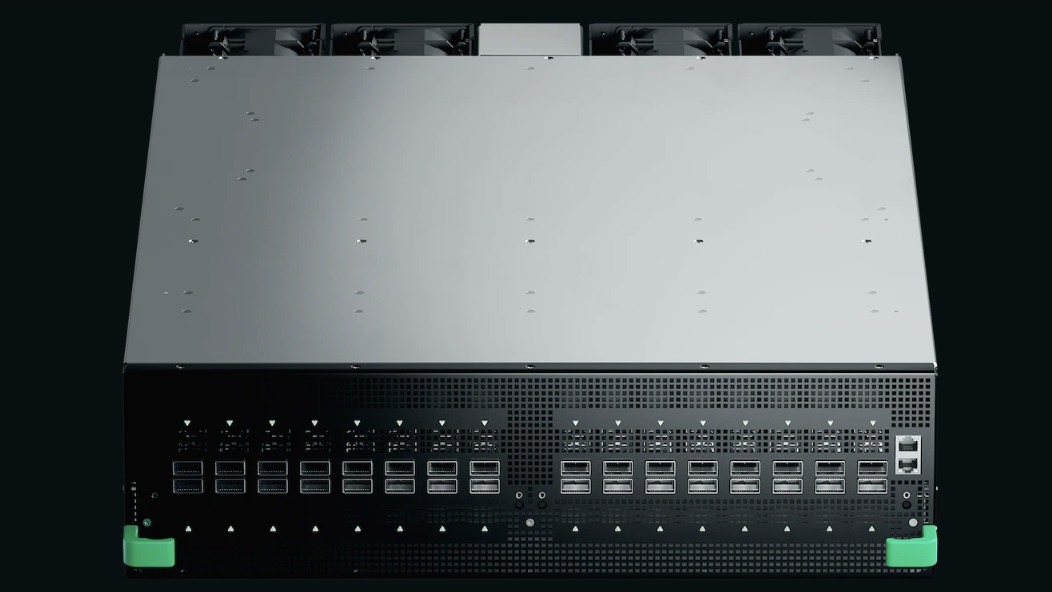Intel quietly invested in a startup that uses AMD CPU to get rid of the "colostomy bag on the side of the switch" — Oxide has a plan that could make the world's biggest tech companies a bit anxious
The cloud servers-for-purchase are powered by an AMD EPYC Milan CPU

Intel is one of several companies that have ploughed $44 billion into Oxide, a startup that wants to change the face of on-premise and cloud servers with a minimalist design.
Oxide’s mission has revolved around provisioning cloud-facing servers for purchase, rather than just for rent, for businesses primarily concerned with keeping IT infrastructure on-premises. The firm is combining this approach with its co-designing of hardware and software suited to the purpose.
Oxide ships its rack ith everything installed in one box, rather than the “rack-and-stack” approach that sees servers arrive with additional cabling and hardware. Its servers have no hard-coded quotas for switching or routing, with customers able to program the switch. The firm has also replaced the baseboard management controller with a service processor, which can handle power cycling and remote management of servers.
A bare-bones cloud computer you can buy
The company first outlined the concept of reequipping servers in 2019, and has since developed its own components and software to manage workloads and networking. Servers are ordinarily designed to combine stacks of software and hardware layers that take software further away from chipsets, according to the firm. But this minimalist approach brings the software much closer to the silicon.
“We felt like it was a real shame to have a traditional switch,” said Oxide CTO Bryan Cantrill, according to HPCWire. “x86 is a kind of a colostomy bag on the side of the switch, where you have got this kind of low-powered Xeon D, or what have you, on that an Intel Management Engine, and a bunch of things that we didn’t want in it.”
Companies like Google, AWS and Meta have built lightweight servers like this by stripping away parts, but they can’t be accessed for purchase – only for rent by tapping into their services. The likes of Dell and HPE also haven’t yet developed barebones cloud servers yet, which is where Oxide is hoping to step in.
Its system uses AMD EPYC Milan CPUs in compute sleds that also include the memory, storage and networking components. These are the basis for the servers, and can even handle tasks like VM management, with customers no longer needing to operate software from VMware or OpenStack.
Sign up to the TechRadar Pro newsletter to get all the top news, opinion, features and guidance your business needs to succeed!
More from TechRadar Pro
- These are the best cloud computing services out there
- Check out the best cloud hosting providers
- We've rounded up the best cloud storage options

Keumars Afifi-Sabet is the Technology Editor for Live Science. He has written for a variety of publications including ITPro, The Week Digital and ComputerActive. He has worked as a technology journalist for more than five years, having previously held the role of features editor with ITPro. In his previous role, he oversaw the commissioning and publishing of long form in areas including AI, cyber security, cloud computing and digital transformation.